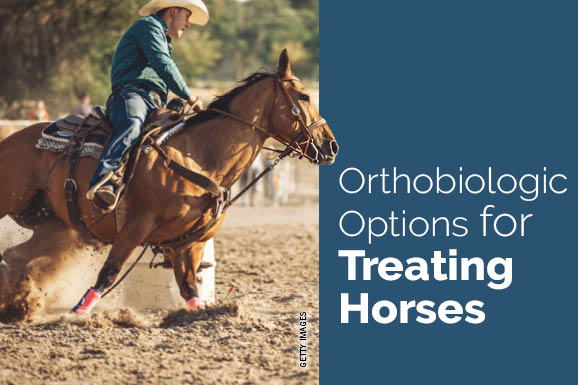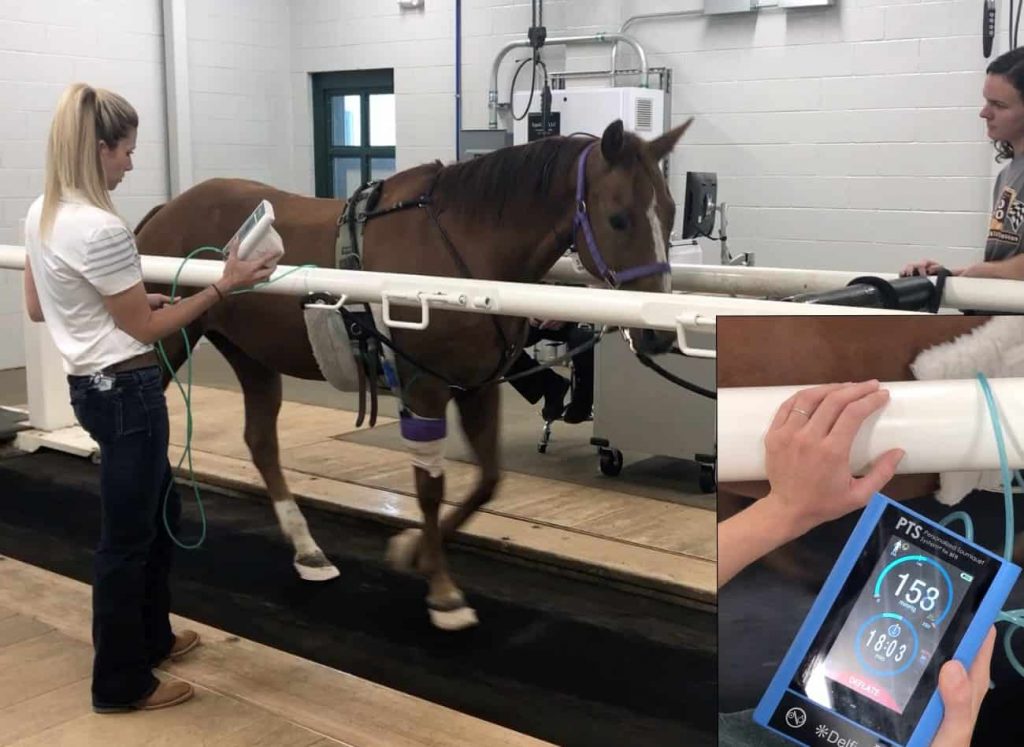
Fecal Microbiomes of Feral and Domestic Horses Compared
Understanding the differences between these groups’ microbiomes and adjusting dietary and management practices accordingly could help improve domestic horse welfare.

Understanding the differences between these groups’ microbiomes and adjusting dietary and management practices accordingly could help improve domestic horse welfare.

Multifidus muscle pain and atrophy in horses can cause many problems, including back pain, poor core strength, and limb lameness.

Veterinary intervention can make itchy horses more comfortable and keep allergies under control. Sponsored by Kinetic Vet.

Smoky air makes breathing difficult and can exacerbate equine asthma. Learn how to support your horse’s respiratory health via nutrition and reduce airway irritants during fire season.

Find out how your horse can hurt his neck, risks for injury and disease, and associated therapies, so you can give your horse the best chance for a strong neck and an athletic future.

Researchers have learned more about inflammatory biomarkers and their presence in horses with inflammaging, or age-related bodywide inflammation.

Dr. Anna Pesta-Dunaway describes the basics of helping the competition horse build muscle in this excerpt from Ask TheHorse Live.

Researchers have determined that testing bronchoalveolar lavage fluid might be the most accurate way to diagnose horses with equine asthma.

Researchers are working to find a way to individualize equine asthma treatment and are looking for more horses to participate in this study.

A new method of equine muscle cell research might be more welfare-friendly than in vivo studies.

Researchers found that feeding a certain prebiotic product prior to transport and exercise reduced dysbiosis and leaky gut syndrome.

Lumps, bumps, coughs, wheals, and wheezes: a basic overview of equine allergies.

Orthobiologics are emerging tools in veterinary medicine that use the body’s natural defense mechanisms to treat a variety of musculoskeletal problems.

Understanding the equine gut microbiome can help you create and support healthy microbial populations in your horse’s digestive system.

Blood flow restriction (BFR), a human rehab modality, was found to be safe and well-tolerated by horses in a pilot study.

Managing the magnitude and frequency of limb loading is key to keeping horses—particularly racehorses—injury-free.
Stay on top of the most recent Horse Health news with
"*" indicates required fields